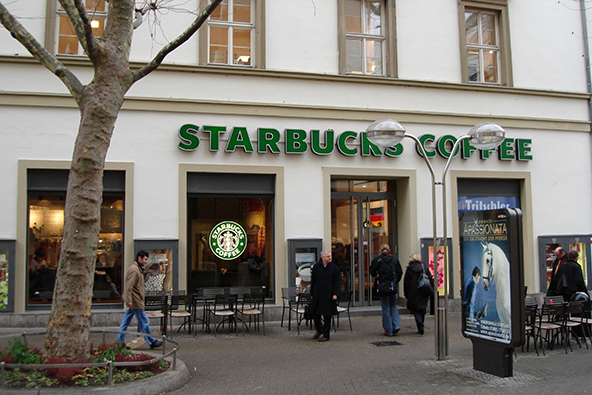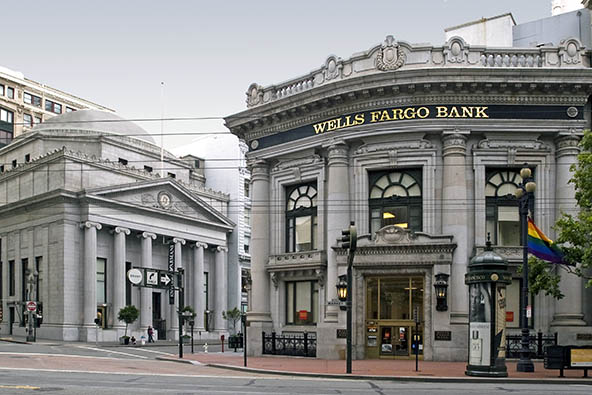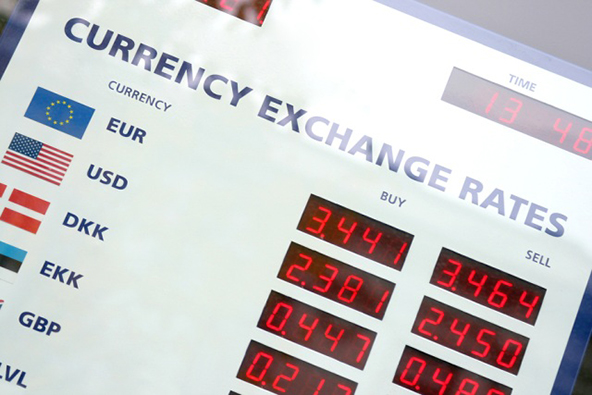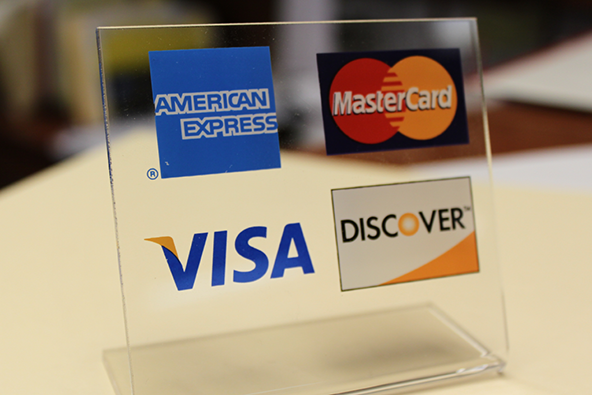On Starbucks, Square, Virtual Currency and Payment Processing

There is a good case to be made that there are much better things I should be spending my time on and in fact I almost managed to move past this story, but at the end I just couldn’t quite do it. The story at issue is an MSN Money piece published last week, which for some reason didn’t make it into my news feed until this morning. In it, the author makes a poorly-developed argument and offers arguably even less well-thought-of vision of the future of the product he or she is evaluating.
The argument in question concerns the impact, which the partnership deal between Square and Starbucks would have on the payments industry as a whole and the product under consideration is a “virtual currency” the author suggests Starbucks should start minting. Well, let’s just take them on one at a time and touch on a related issue while we are at it.
On Square vs. Visa and MasterCard
The author claims that the Square / Starbucks partnership has gone largely unnoticed and helpfully suggests that
if you’re into investing in such areas as transaction processing, big data or even social marketing, it’s time to take notice. Because this hits all of those buttons.
Well, thank you, but at least in our industry people are very well aware of what these two companies have been up to. Moreover, the blogosphere has been jumping on any opportunity to cover the story, however insignificant. Only a couple of weeks ago my news feed was swamped with reports on Starbucks’ decision to start selling Square’s credit card reader in its U.S. stores.
But let’s move on to the author’s argument. Under the heading “Threat to Visa and MasterCard”, we are informed that
When scaled fully, this Square deal could be the biggest threat Visa (V -1.01%) and MasterCard (MC) have ever faced. A single deal, a single process and a clean sheet of paper cost much less to handle than the decades-old systems the big processors have built.
That is the argument in its entirety. We are meant to be convinced that Square’s “single process and a clean sheet of paper” could somehow bring about the downfall of the two giant payment networks. Now, let me first say that, although the author may not be aware of it, Square, just like all other processors, does use banks to facilitate its merchants’ payments. As astronomers like to say about black holes, you may not see them, but they are there. What these banks do is connect Square’s payment processing system to Visa, MasterCard, American Express and Discover — the four payment brands whose cards Square merchants can accept in the U.S. As far as Visa and MasterCard are concerned, only members of their associations can act as “acquirers” of their merchants’ transactions (American Express and Discover are not associations of banks and do their own acquiring). And Square is not a member of either network, which is why it needs to partner with one or more of them. But more to the point, how exactly is Square threatening the existence of Visa and MasterCard when it is, in fact, actively promoting the acceptance of their credit and debit cards?
Square’s Pricing Revisited
Before I move on to the author’s vision of the future, let me say a few words on the always-fashionable topic of Square’s processing costs. Here is the MSN Money person’s take on it:
All this changes with Square. Square handles the processing, there is no reseller and the money goes into the merchant’s bank transparently.
This lets Square offer a single deal with a single transparent “discount” fee, 2.75%, as opposed to the numerous, opaque risk-based prices the banks push through the processors, which are bad news for new, small merchants who are inherently risky.
Now, I’ve addressed this issue many, many, many times before. Here is one of my attempts, in response to another commentator who was arguing that Square had “negotiated lower rates with banks to make the new technology attractive”:
Just 2.75 percent? All I would say to that is try selling it to Home Depot. They’ll tell you just how low this rate is. And what does “negotiated lower rates with banks” mean? What banks? Just like all other processors, Square is incorporating the interchange rates into its own aggregate processing rates. And interchange rates are set not by “banks”, but by Visa and MasterCard and are not negotiable.
And, by the way, Starbucks will not be processing at a rate of 2.75 percent when (if?) they finally switch to Square. That point was made by Square CEO Jack Dorsey himself, in a comment on the new partnership, right after it was announced last August:
Obviously as you scale up, you do see reductions in cost and Starbucks is a very significant scale compared to a lot of other merchants in the world.
Dorsey is vague, of course — after all, you wouldn’t want to tell your smaller merchants that they get charged much more than the bigger ones, if you can help it — but the message is nevertheless inescapable.
On ‘Star-Bucks’ and Virtual Money
Finally, we come to the most baffling part of the MSN Money piece. The author exhorts Starbucks to embrace “social marketing” by creating a virtual currency of a totally new kind. Here it is:
Data give Starbucks the power to create a “virtual currency” around not just its own products, but around other products. It gives Starbucks a way to account for this currency. The problem with Facebook’s (FB -1.59%) virtual currency was that there was no real-world connection, no way to get a real payout.
What if there were? What if you could use your Star-Bucks to get real discounts from other merchants, starting with those tied to Square? What if a Square merchant could give you Star-Bucks as a sort of “green stamp” that would get you a discount on your next latte? What if merchants — any kind of merchant — built games with these Star-Bucks as prizes, games tied to loyalty or product knowledge?
Can someone explain to me why a merchant — any merchant — would want to promote Starbucks’ virtual currency? Because this author doesn’t, even as he or she confidently predicts that these merchants would take the whole thing to “the next level”. Are they going to take Starbucks there — wherever that is — just for the glory of it?
The Takeaway
Even to this day, I get amazed when I see a thing like that posted on one of the world’s most popular websites. I still feel as if The Huffington Post may be the leader in this regard, but MSN gets much more traffic. More importantly, however, either of these websites would have no trouble getting people who actually know a thing or two about the payments industry to write for them and do it for free. Or at the very least they could have their writers consult with industry experts before publishing anything they don’t know enough about. The readers would be better served if they did.
Image credit: Wikimedia Commons.



All good points … there are too many “pundits” out there who think they understand the complexities of the payments industry and all the “new paradigm” ways to hang payments off the existing system.
As you point out, it wouldn’t take that much effort for the blogosphere and mainstream e-media to search out some people who know what they are talking about to comment on these situations.